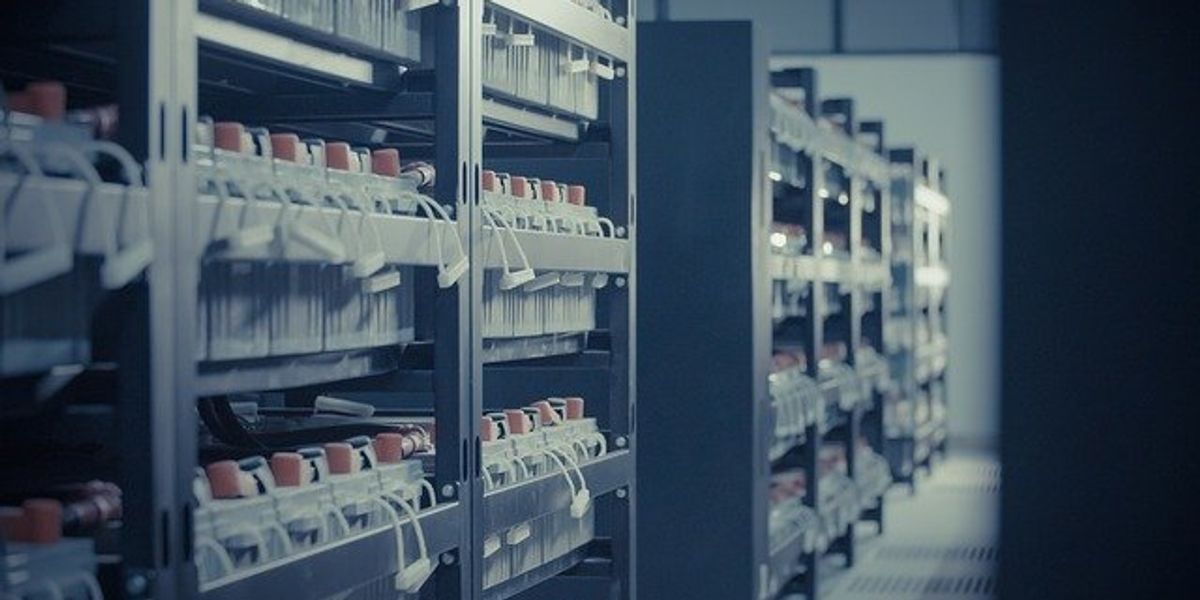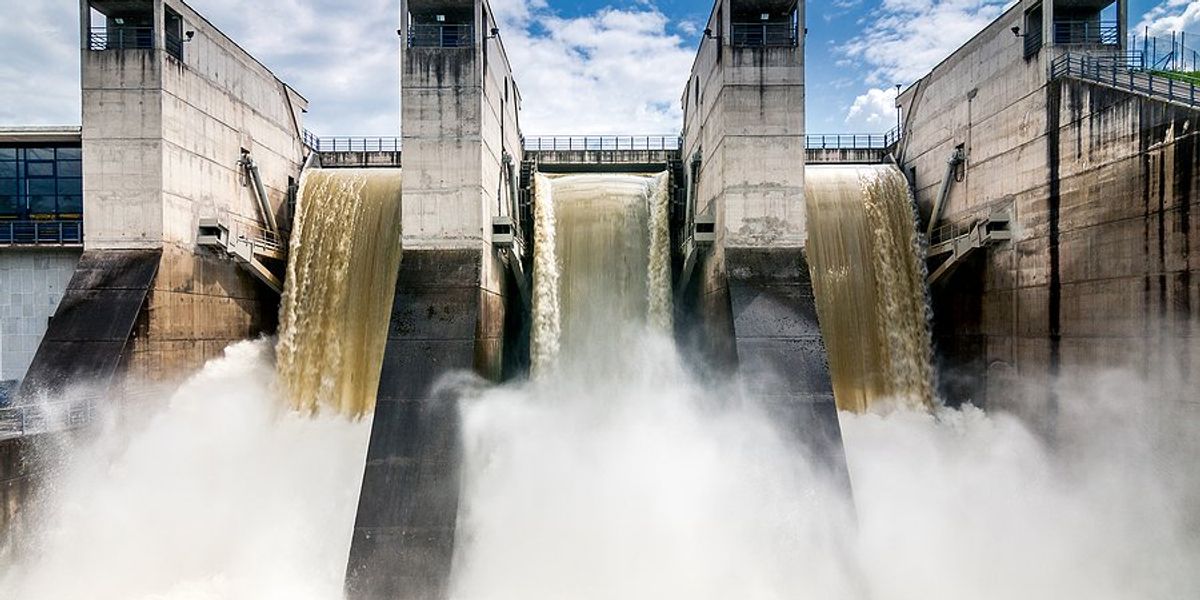women in science
Women working in Antarctica face enduring harassment and assault
Years after the first female scientist came forward to report sexual harassment and assault, women are still reporting abuse in Antarctica. Despite investigations by government agencies and academic institutions, a persistent culture of intimidation and abuse hinders their work and well-being.
In short:
- A significant number of scientists and other women working in Antarctica have experienced sexual harassment and assault, with many cases going unreported or dismissed.
- Efforts to address these problems have been slow, and responses from the organizations and institutions involved have often been inadequate, leaving survivors feeling unsupported and unsafe.
- Harassment and assault in Antarctica not only impact the individuals involved but hinder scientific progress and efforts to study and combat climate change.
Key quote:
“The reason why women don’t want to talk is because they’ve been gaslit this whole time, where everyone’s saying, ‘It didn’t happen. I don’t want to hear it. I don’t believe you.’”
— Meredith Nash, University of Tasmania sociologist
Why this matters:
The scientific community's gender discrimination and harassment problem is not unique to Antarctica. The #MeToo movement led to more women coming forward to report abuses in the workplace, including in conservation organizations and federal agencies like the U.S. Department of Interior.
Adriana Hoffmann, botanist who fought for Chile's forests, dies at 82
More women than ever are contributing to the next IPCC climate report
Ahead of the release of the next installment, a survey gives insight into the challenges — and importance — of being a woman author for the highly anticipated report.
Smithsonian island outpost reeling from sexual-misconduct claims
Could the pandemic prompt an 'epidemic of loss' of women in the sciences?
Science Moms, formed by female scientists, seeks to educate other mothers about climate change
“One of the most powerful ways for us to connect over climate change is … this fundamental value that we share," said scientist Katharine Hayhoe, who is helping to lead a $10 million campaign to educate mothers around ways to combat climate change.



















